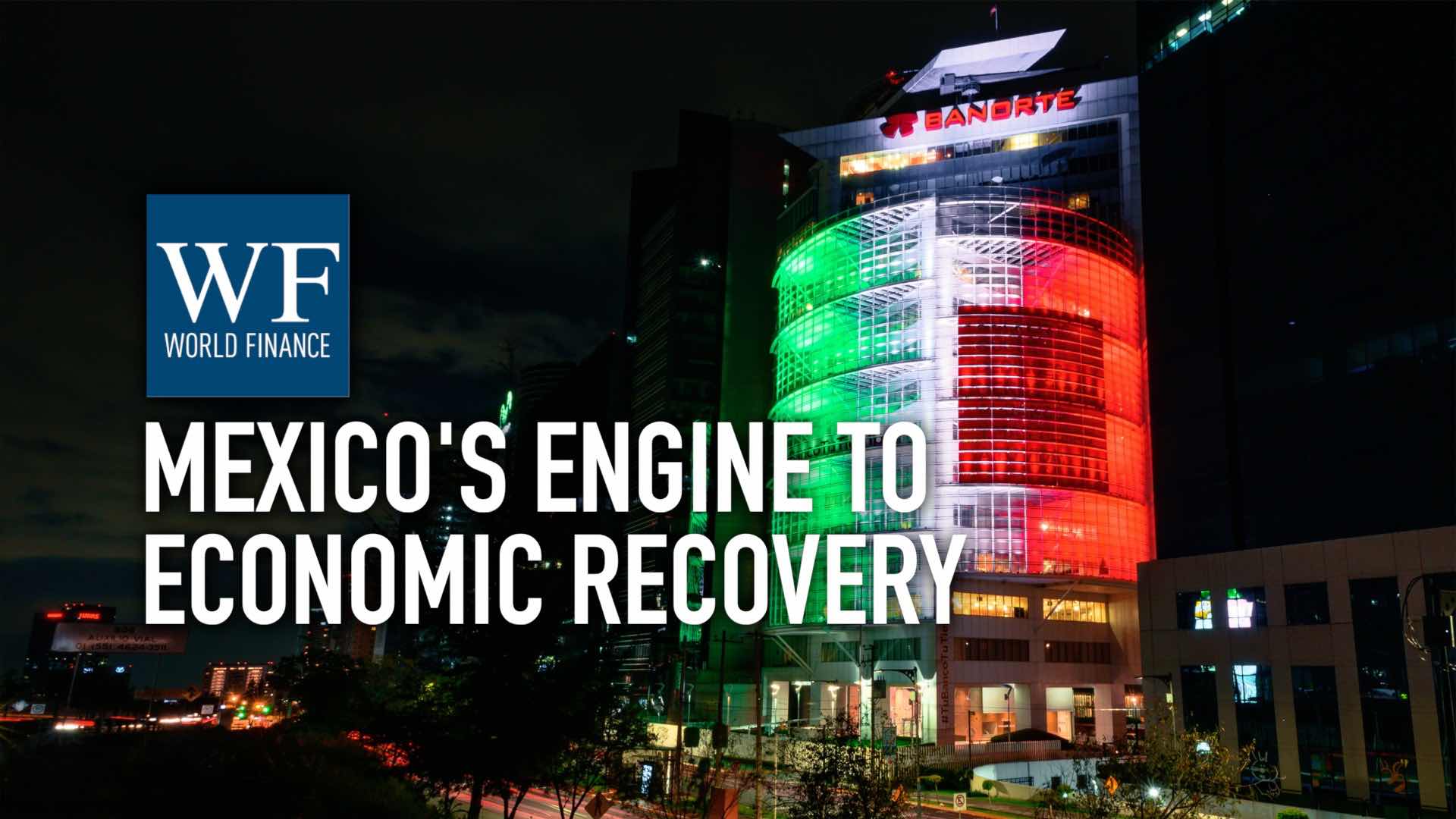Jean-Marc Torre: How Bank of the West simplifies international banking
With regulatory, geopolitical and technological complexity at its greatest for the last 20 years, multinational businesses need a reliable banking partner
Related:
Transcript
2016 hasn’t exactly been the best year for easing the uncertainties that have plagued international financial markets for most of the last decade. A reliable international banking partner can relieve some of that complexity; Commercial Banking Group Head Jean-Marc Torre explains how Bank of the West does it. It requires more work to make business processes simple, he says – it’s harder than ever before to adopt a global strategy that doesn’t accommodate regional and local varianes. He explains how Bank of the West facilitates the kind of close client relationship needed to understand a business’s needs and translate that into a strategy – and then implement that strategy in an effective and efficient way.
World Finance: 2016 hasn’t exactly been the best year for easing the uncertainties that have plagued international financial markets for most of the last decade. A reliable international banking partner can relieve some of that complexity; joining me is Jean-Marc Torre from Bank of the West.
What are the challenges that you see businesses wrestling with today?
Jean-Marc Torre: Well they have a lot of challenges. They probably have today, more challenges than they’ve had, probably in the last 20 years.
The change in the geopolitical, political, regulatory, technology… I mean there’s now a level of various dimensions, that creates a level of complexity for businesses.
How it translates depends really on what you want to do, what your strategy is, and where you are. You have to have a global, regional, and local view: to really understand what you can simplify over the various levels. And the idea that you could be global, meaning, dealing everywhere the same way. I don’t know if it’s ever been possible, but it’s clearly less possible than ever before.
World Finance: So how can a reliable international banking partner help smooth out some of these complexities?
Jean-Marc Torre: It requires more work to make it simple. Companies need to have a trusted partner that knows you, knows how you’re organised, and helps support the strategy and the execution of the company worldwide.
This requires a strong suite of products – of course the cash pooling and international transaction and treasury services – but it also requires intelligence. And intelligence given in the various countries, to provide the proper implementation of those great products. But also the support of bankers on the ground that will allow you to think globally and act locally, and to find the best solution that is available in every market, in conjunction with your overall global strategy.
World Finance: How do you have those conversations, then? How is Bank of the West set up to facilitate that kind of close client relationship you need in order to understand the business and translate that into a strategy for them?
Jean-Marc Torre: That’s a great question, because it’s the dialogue between the various bankers, with the various levels of responsibilities on the company’s side, which is… you have a regional treasurer talking to a banker that will be able to actually know and coordinate regionally the various bankers on the ground, with the various companies and treasurers that the regional treasurer will deal with.
We have a setup we call OneBank, which is a network of bankers and products that allow a company headquartered anywhere in the world to be supported in their operations, both regionally and locally.
To give you an example: banks talk about international treasury services products they have to support their customers internationally. Of course we have those – it’s critical to have a seamless, competitive product, to allow companies to monitor and transact – monitor their balances and execute their transactions internationally.
But beyond that, you may want to set up a regional treasury in Europe, when you are a US company. How do you do that? You have to deal with the various treasurers and treasuries of your various businesses. You need a bank that has got bankers and treasury services consultants that go at every level of your company to advise and to implement. Because many times it’s in the implementation that the details come up.
So to some extent, you allow as much as possible a mirroring of skills and knowledge with the skills and knowledge and responsibility level on the company side.
World Finance: Of course businesses need to innovate in order to thrive in new markets; how do your San Francisco connections help businesses on their digital transformation journey?
Jean-Marc Torre: We’re probably better placed than most, because yes, we are headquartered in San Francisco. So we are part of the ecosystem.
We are part of an open innovation approach, where we bring start-ups, or innovations that we trial with our customers.
Giving an example: for a long time, banks were how you could have the quickest execution on your foreign exchange transactions. Now there are some innovations that come in to: what kind of hedging do you want? And you have some innovative software put into the systems of the customer to identify and manage on a daily basis your foreign exchange exposure – and then immediately get the hedge that is needed. Or, as soon as it is identified by the system, depending on the rules the company decides.
We’re going into an end-to-end, in a way which is very automated. In a way where you need less day-to-day human intervention, and you’re going to humans where they are actually the best which is to define the strategy, to define really what you want, and then you lend the execution to be precise and to be immediate.
World Finance: Jean-Marc, thank you.
Jean-Marc Torre: Thank you Paul.

 Banorte: Banks must ignite a sustainable recovery for Mexico’s economy
Banorte: Banks must ignite a sustainable recovery for Mexico’s economy More digitisation, at a faster pace: How Baiduri Bank responded to COVID-19
More digitisation, at a faster pace: How Baiduri Bank responded to COVID-19
